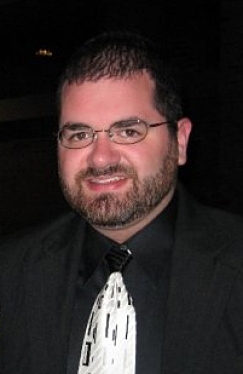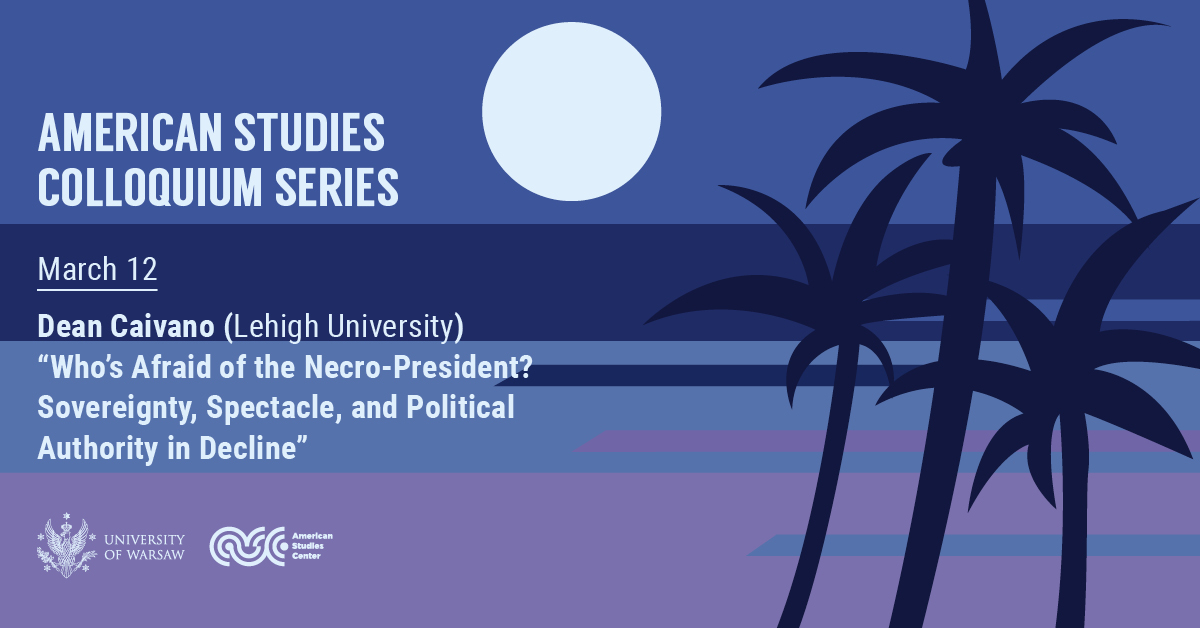We are pleased to announce a lecture by
Gerry Canavan
(Marquette University)
The Humanities after BLACKFISH
The lecture is going to be a part of the
American Studies Colloquium Series.
Thursday, December 13, 2018
at 4:00 p.m
Where?
American Studies Center, room 317,
al. Niepodległości 22, Warsaw.
What?
This presentation begins with my recent experience teaching a research capstone course for English majors at Marquette titled “The Lives of Animals” (after the J.M. Coetzee novel). In particular I discuss the students’ unexpected selection of the anti-Sea-World documentary BLACKFISH (dir. Gabriela Cowperthwaite, 2013) as a primary text in the course, and the animated, passionate discussions the film subsequently engendered. Part nature story, part journalistic expose, part science fiction, and part true crime documentary, BLACKFISH became a fascinating hinge point in the class as a whole, gesturing towards multiple possible futures for the relationship between humans and animals, the majority of them dominated by what one student in the class would later very memorably characterize in his student evaluation as “a mood of debilitating grief.” As a paradigmatic text of the Anthropocene, BLACKFISH, and my students’ critical and emotional responses to it, points towards the possibility of a humanities that might someday move beyond human-produced, human-centered narratives — while at the same time positing a hard limit that might forever separate “us” from the animal lives around us who we adore, exploit, endanger, and enslave.

Who?
Gerry Canavan is an associate professor in the Department of English at Marquette University, specializing in twentieth- and twenty-first-century literature. An editor at Extrapolation and Science Fiction Film and Television, he has also co-edited Green Planets: Ecology and Science Fiction (2014) and The Cambridge Companion to American Science Fiction (2015) and The Cambridge History of Science Fiction (2018). His first monograph, Octavia E. Butler, appeared in 2016 in the Modern Masters of Science Fiction series at University of Illinois Press.




